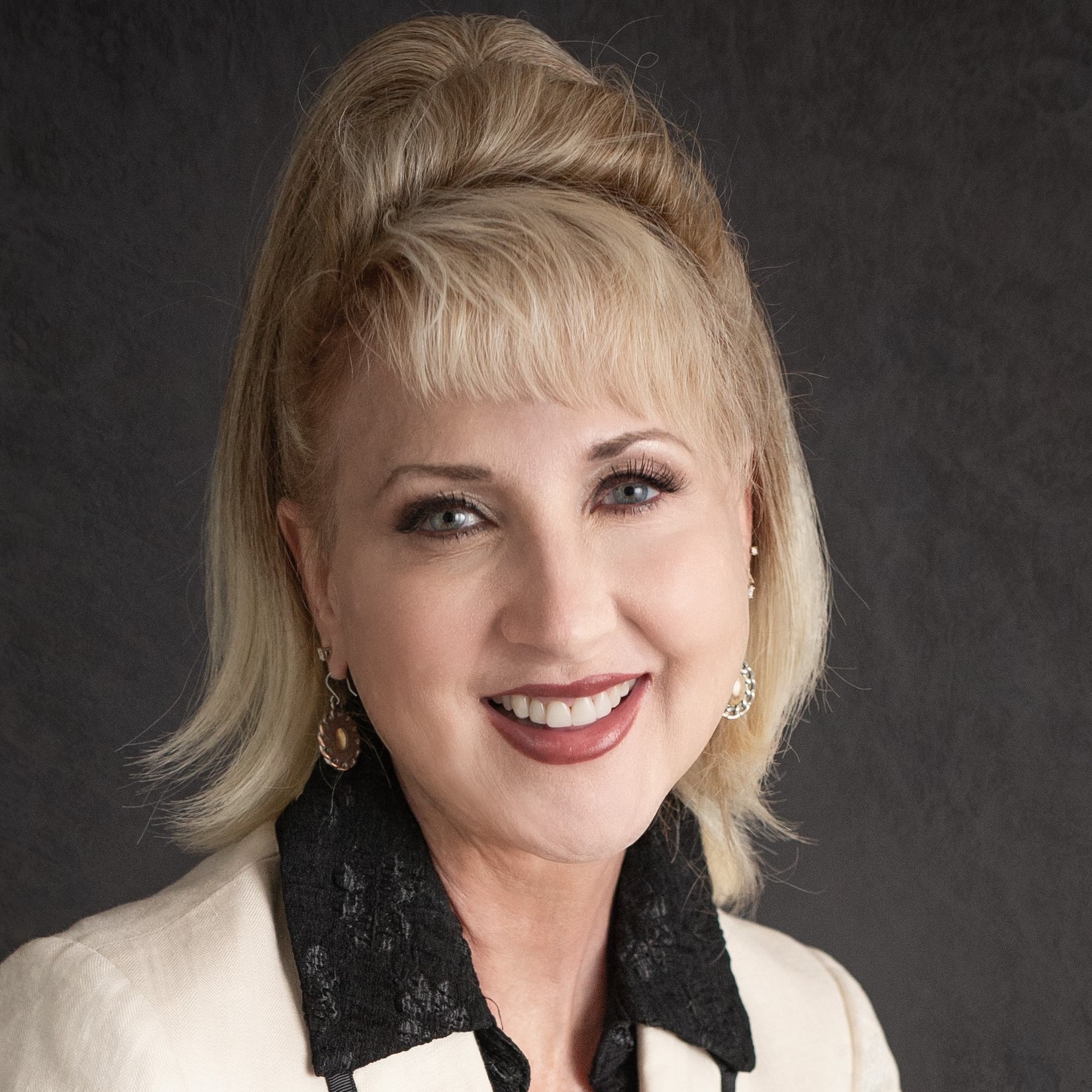Episodes

Monday Oct 21, 2024
Why Does God Want Us in Relationship?
Monday Oct 21, 2024
Monday Oct 21, 2024
Today Cinthia noted just a few of the many Bible verses that indicate human beings are supposed to be in relationships with God, ourselves, and others. These included John 15:1-2, Proverbs 27:17, and II Corinthians 1:3-7. Ecclesiastes 4:9-12 talks specifically about this, as well. These verses do not indicate that we should all be extroverts or that solitude is not valuable. They do mean, however, that we are not meant to do life alone. Genesis notes that God said it was not good for Adam to be alone, and so He made Eve. This does not necessarily mean everyone should be married, but it does mean each of us needs other human beings.
Relationship helps us to experience the worth God gave every human being; it is innate in our status as His human creations and does not depend on our performance. Intimacy is the sense of knowing another person deeply and of being deeply known, and of being wanted and loved even as we are known; the term can have a sexual dimension but does not always imply this. While we cannot safely have emotional intimacy with everyone, we do need to have emotional intimacy with some. should go first to God with our needs and know that He is the only One Who is fully and completely dependable, but we must also learn to take wise risks in relationship with others, even though it means we will be disappointed at times. Jesus demonstrated this perfectly. For example, in Matthew 26:36-41 He asked three of His disciples to watch a pray with Him in a time of crisis; although they failed in this, He both asked for help and forgave them when they did not deliver perfectly.
Learning to be in relationship is complicated but necessary. Human beings need to be seen, and we each have things to offer others. We must learn to share parts of ourselves with others, but not everything needs to be shared all the time. Most of us learned how to interact with others from our parents, but we do not have to copy their styles indefinitely. Maturing in our relational functioning requires that we take our “inner children” on a journey of learning complex skills. Cinthia expounded on this with a poem by an unknown author called “The Paradoxes of a Child of God.” The poem offers a look at ways that developing traits in one direction can make us more fully able to function in the other direction, as well. We continue to work on ourselves and take responsibility for our mistakes, becoming more trustworthy for ourselves and others.
Another of the many reasons human beings need each other is that we can help one another to develop into the best versions of ourselves. No human being can see himself or herself perfectly. Cinthia discussed the Johari Window, a tool well-known in the field of counseling psychology; it offers a look at the interaction between who we are and the awareness we have of ourselves, as well as the awareness others have of us. It looks like this:
|
The me that I know and that others know
|
The me that I know but others do not know |
|
The me that others know but I do not know
|
The me that neither I nor others know |
The Johari Window reminds us of several important relational concepts: that we may not always see ourselves accurately, that others may know parts of us but not all the parts of us, and that there is a part of us (i.e., the me that neither I nor others know) that only God knows. God understands, loves, and protects that box. He is the One with Whom that box is safe and Who can be trusted to help us navigate all the boxes, growing in our own self-awareness and in our willingness to be seen and known in healthy ways. Ask God to help you see the parts of yourself that He wants you to see more clearly, and be open to helpful feedback regarding the places in yourself you may not see clearly right now. Feedback is important. Therapy can be one way to help us strengthen different facets of ourselves and our self-awareness.
Our healthiest selves will not all be the same in relationship, though we will have certain things in common. Everyone has a different style. God made introverts and extroverts; He made people who are loud and open and people who are quiet and reserved, though it is sometimes hard to know the difference between His design for us and the ways we have learned to approach life because of our experiences. We can talk to God about how He created us. We may have to learn to accept who He made us and the doors He opens for us. Just because something is not what we wanted it to be does not necessarily mean it is not what we need or what God intends for us. He wants good for us and pays careful attention to timing. Talk to God about who you are and how to manage it. He is able to engage with you in relationship and to help you in relationship with yourself and others, and He offers to do this.

